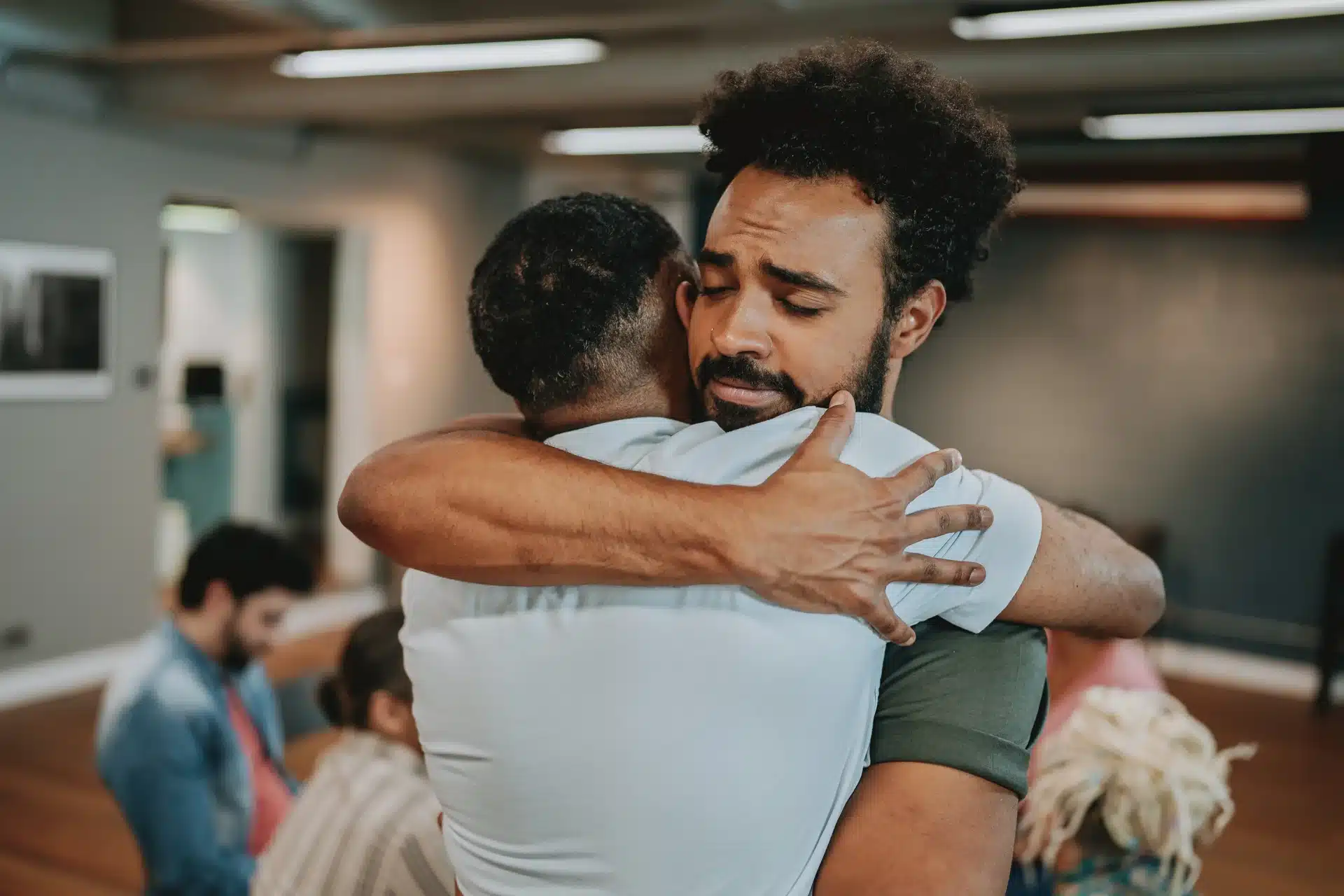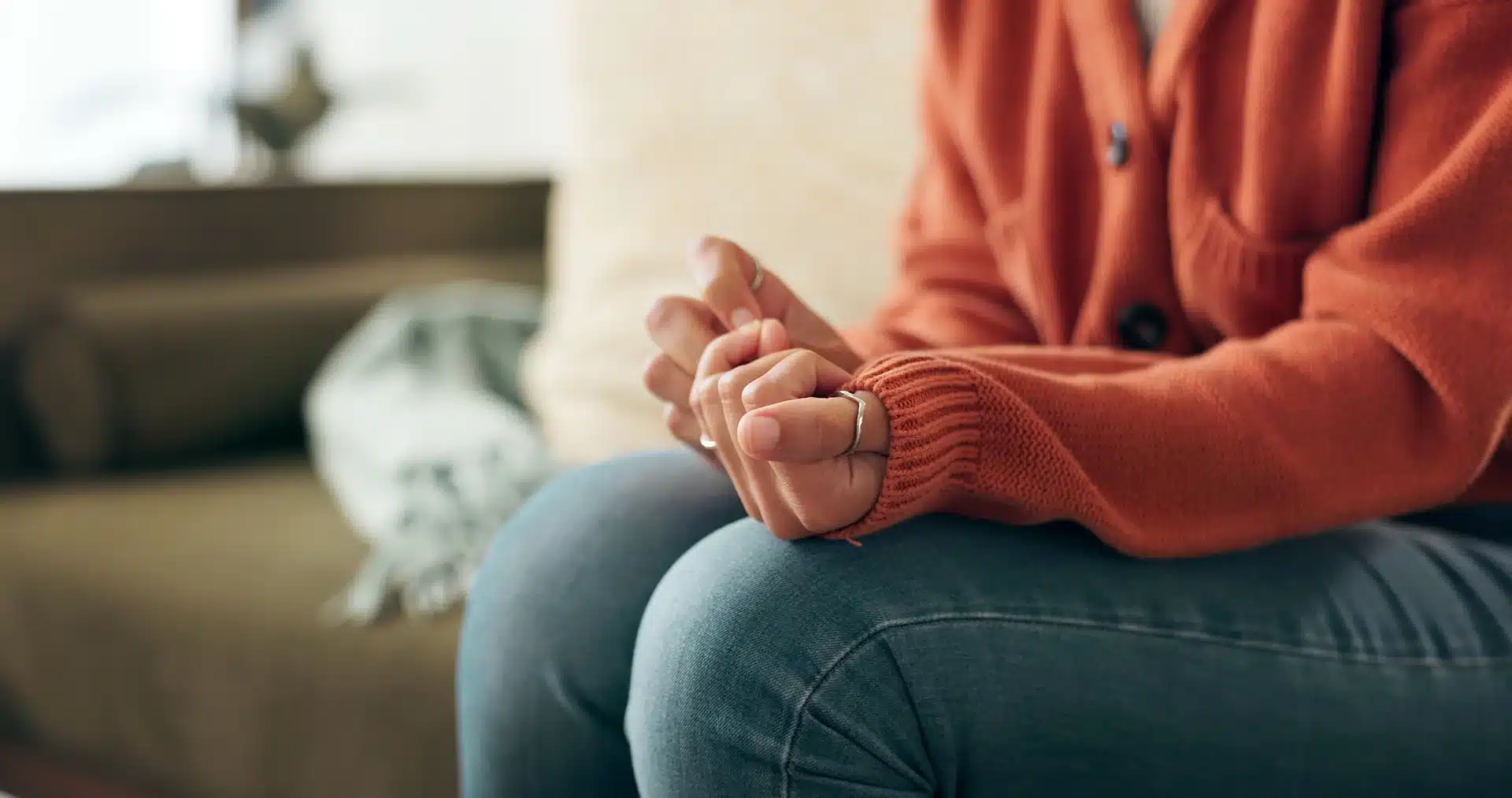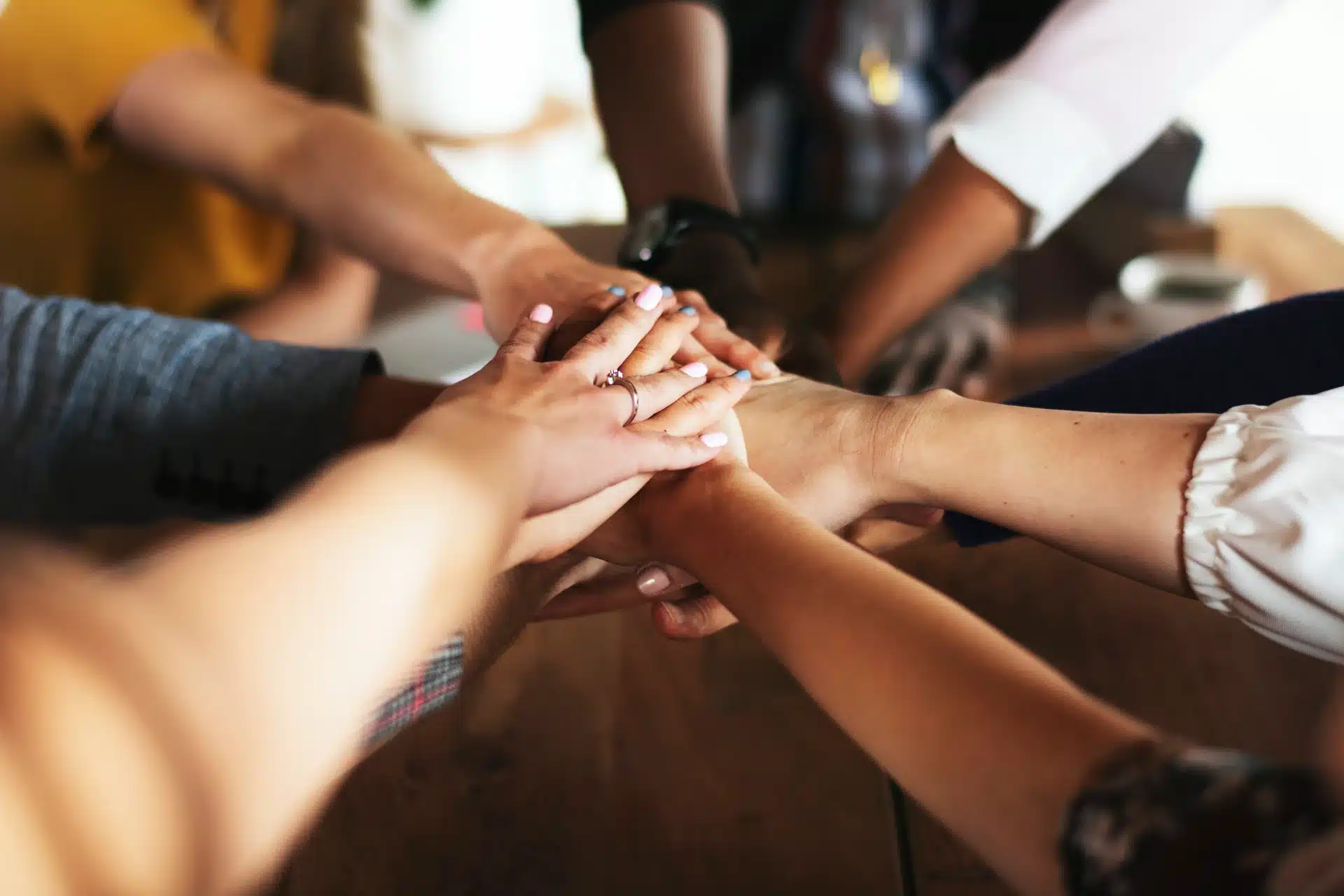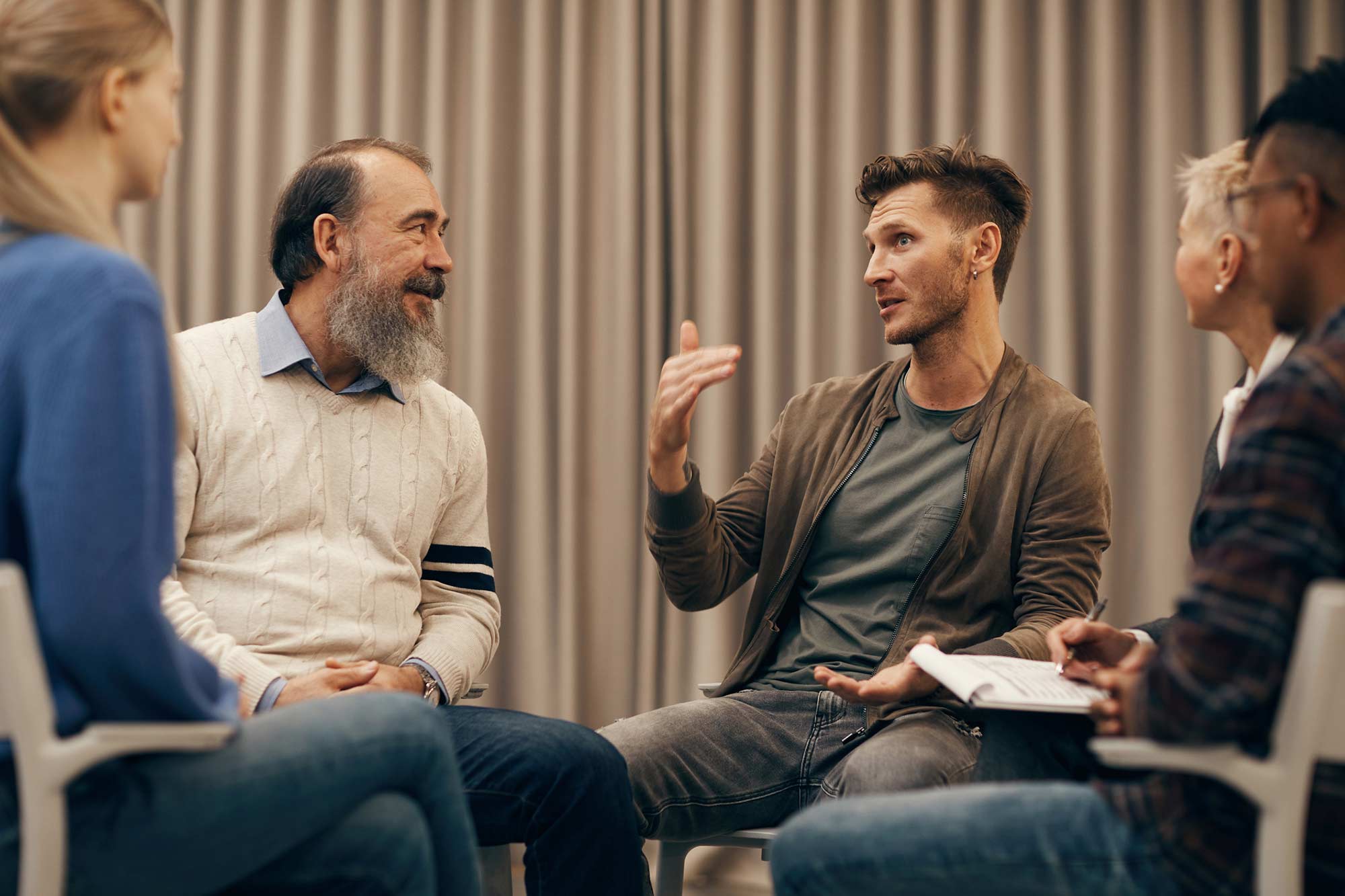
Mental Health Treatment
Step towards a healthier, happier you.
Mental Health Treatment for Lasting Wellness
At Meadows Behavioral Care, we offer inpatient and outpatient mental health treatment tailored to each patient. With expert care from industry-leading professionals, our range of therapies addresses diverse mental health needs. Plus, we keep supporting you even after your initial treatment through our alumni network, helping you stay well in the long run.
Mental Health Challenges: More Common than You Might Think.
In the US, 1 in 5 adults experience mental illness each year, while 1 in 20 face serious mental illness. These numbers highlight the importance of seeking help when it’s needed. At The Meadows, we provide expert, compassionate care to address mental health challenges and help individuals find lasting recovery.
They changed my life. Now I have a career helping people who struggle with mental health and addiction as I did.
Thomas
MBH Alumni
Types of Mental Health Issues and Treatment

Codependency and Control Issues
Take back your life. Our care helps you break free from unhealthy relationships and gain a strong sense of who you are, leading to better connections with others.

Depression
Ease the weight of depression with our help. We find the deep reasons for your sadness and work to clear the clouds, bringing back your joy and drive.

Anxiety
Calm the storm inside. Our treatments for anxiety are designed to reduce stress and give you ways to handle worry, leading to a peaceful and fulfilling life.

Bipolar Disorder
Find your middle ground. Our experts help smooth out the ups and downs of bipolar disorder, giving you the tools to manage your life better.

Post Traumatic Stress Disorder (PTSD)
Move past your trauma and into a hopeful future. Our treatment for PTSD helps you heal from past hurts and build strength for what’s next.
Why Choose Us?
Established Treatment Model
We create personalized treatment plans tailored to your unique experience of emotional trauma, using proven strategies that work best for your healing process. Our whole-person approach addresses both the immediate emotional distress and the deeper unresolved pain.


Personalized Care Plans
We take the time to learn about each patient’s background to create a mental health treatment plan tailored specifically to their needs and experiences. This approach ensures that our treatment strategies align with what will most effectively help them heal and grow.
Real Results
After completing treatment at Meadows, patients report feeling better about themselves, enjoying greater independence, and building stronger, healthier relationships. We’re proud to say our patients continue to thrive and report sustained benefits, even six months after leaving our care.
I highly recommend the Meadows for mental health and trauma treatment. If you are ready to make a change in your life, this is the place to be!
Andrea
MBH Alumni
Mental Health Treatment Options
Inpatient Mental Health Treatment
Experience focused, immersive care in our supportive inpatient setting.
Outpatient Mental Health Treatment
Maintain daily life with flexible, effective outpatient treatment programs.
Mental Health Workshops
Five-day intensive workshops designed for deep, targeted growth.

Find Your Path to Mental Health Recovery
You have the power to live the life you want, and we have the tools to get you there. Contact our admissions team today to find the mental health treatment that works best for you today.